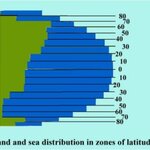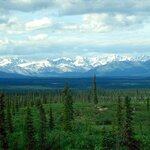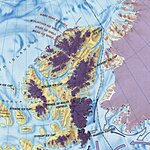
Is the 'plants love CO2' theory valid?
Plants use CO2 from the atmosphere to grow. It follows that more CO2 will promote more growth. That is the gist of the 'plants love CO2' theory. But is the theory valid?
In a recent article I argued that Plants Can't Sequester Excess CO2.In this article I examine the matter further.
If it is true that plants will adapt to rising CO2 levels by absorbing more CO2 then there are logical consequences to be expected. One way to test a theory is to show the expected consequences of the theory and compare that with observed experimental…


